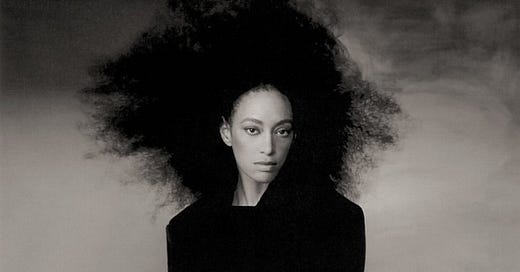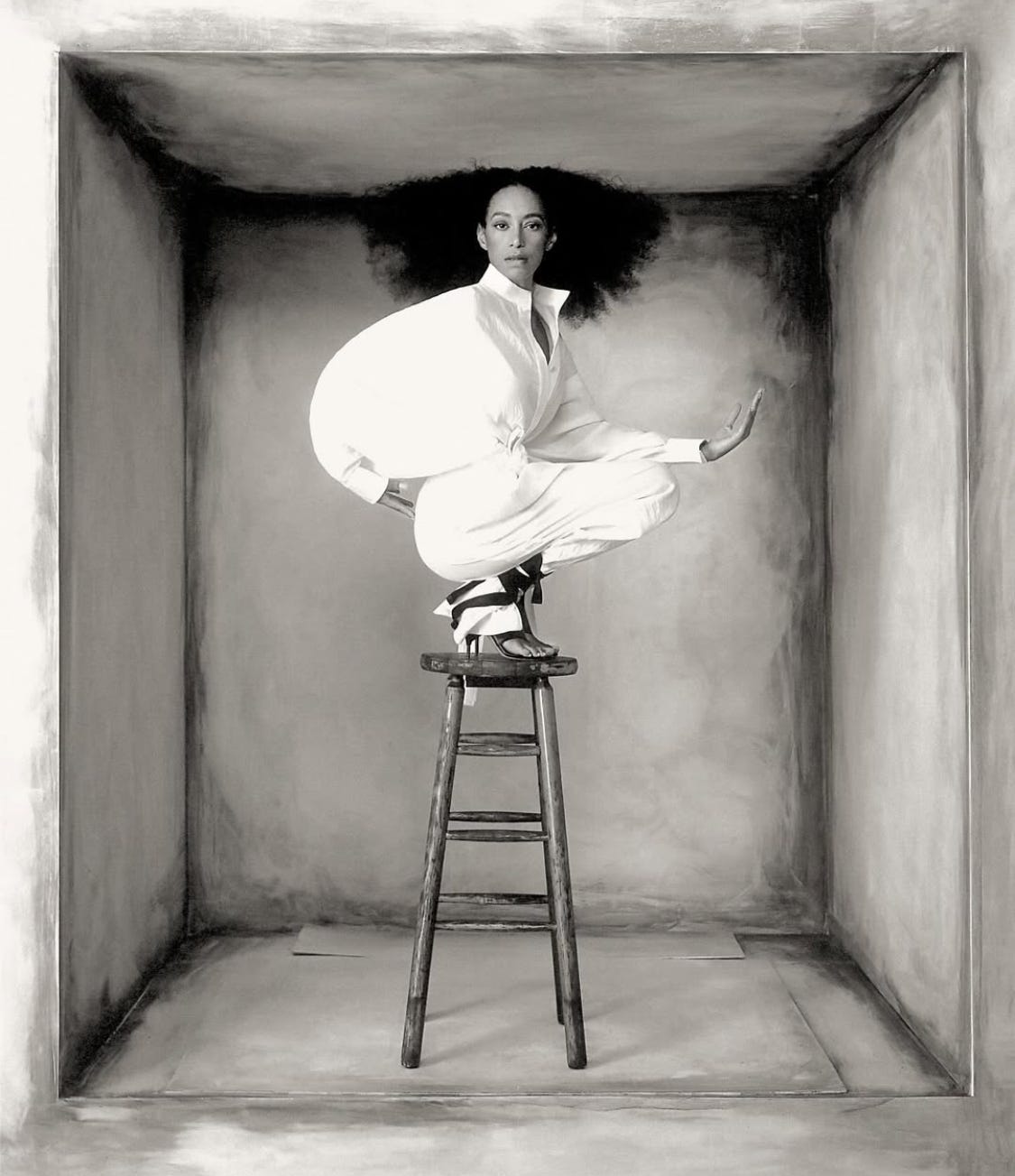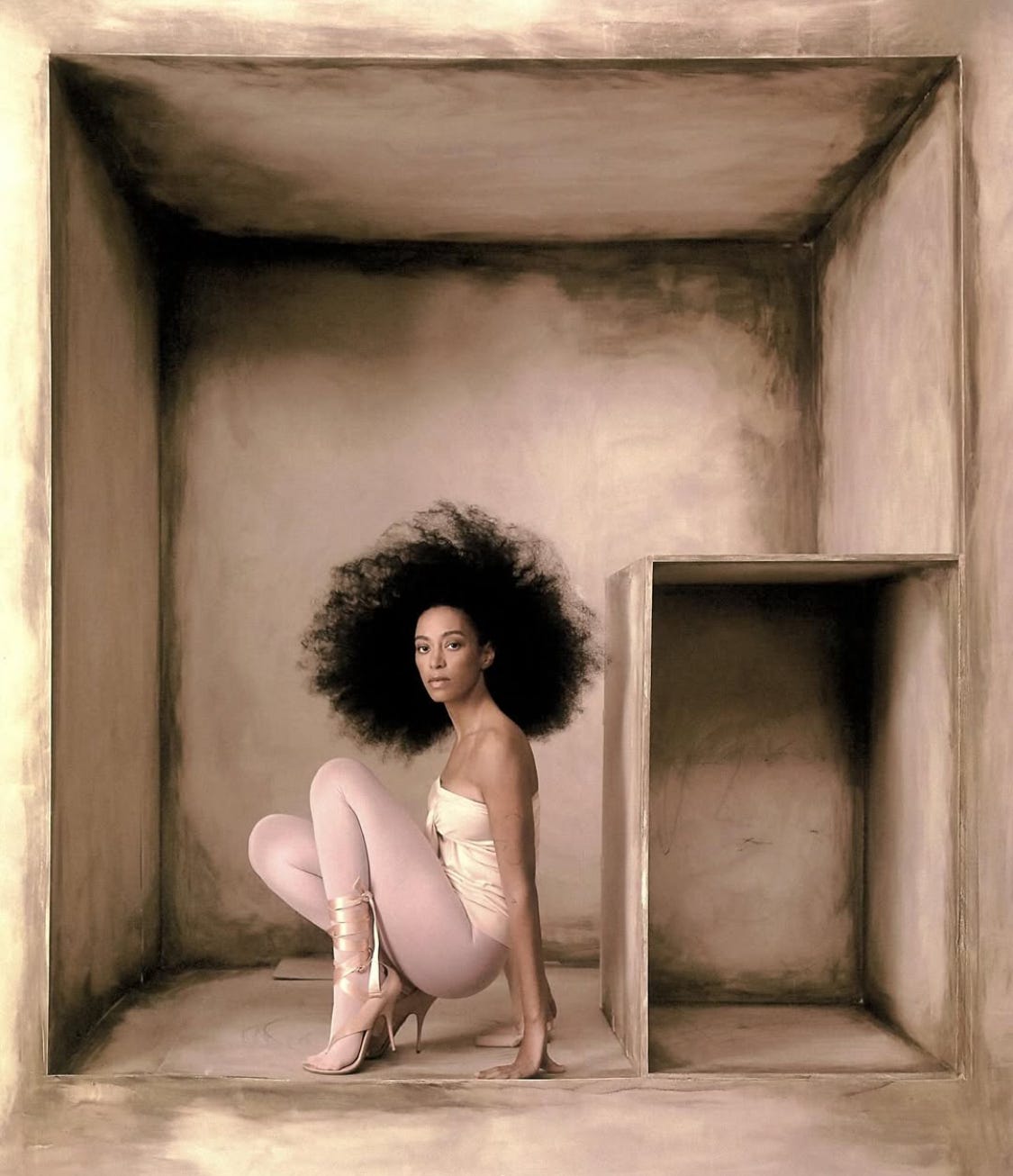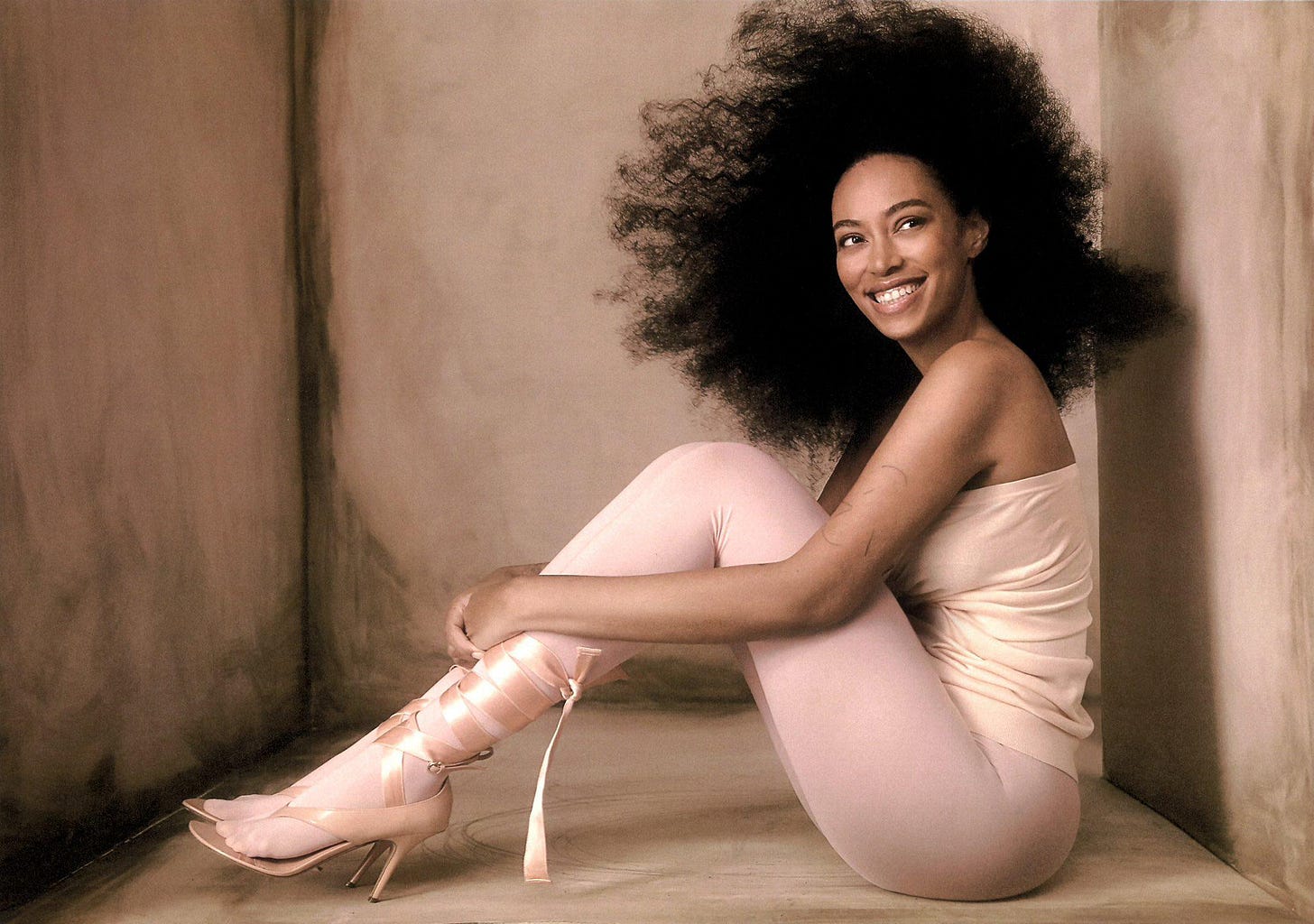For the past three weeks, I’ve stepped away from essays and into fiction—a genre I had shunned for years. Unlike essays, bound by structure and logic, fiction offered freedom. I could embrace paradoxes and express perspectives with nuance and character-driven emotion. I enjoyed the shift.
But as I immersed myself, I became painfully aware of the punishing dynamic I experience with my work. Each time a story took shape, a spiral began. Sentences lost their meaning, paragraphs unraveled, and the entire piece collapsed.
Anxiety is a constant in my writing, both in content and creation. Usually, it fuels revision, highlighting lapses and sharpening my work. But this time, the doubts were deeper. The question was no longer whether my stories were lacking. It was whether I was.
Most, if not all artists wrestle with this worry, the suspicion of not being enough. It weaves into everything, spins sticky webs that ensnare even the greatest minds. Even Kafka. So consumed by self-doubt that he barely published during his lifetime and, in his final days, begged a friend to burn his manuscripts.
Thankfully, Max Brod refused, post-humously sharing his exceptional work.
Today, Franz Kafka is regarded as a major figure of 20th-century literature and I’ve yet to burn any drafts. But I do worry that I’m only pretending to be a writer. And this doubt is never a single voice. It echoes, shifts, and returns in different forms. Even when I manage to quiet one, another surfaces.
I won’t finish what I start
Despite evidence to the contrary, I consider myself inconsistent and noncommittal, a perception shaped by my early, overly ambitious, and largely abandoned attempts at writing novels. Contorted into proof that I could not complete works of fiction.
In the last three weeks, I’ve challenged this idea by choosing to write short stories instead of a whole book. I was able to finish two. Yet, the belief barely budges, rearing its head as I work on the third and longest. Impeding inspirations of future stories, afraid they’ll end in a graveyard of unfinished work and become fodder for my self-doubt.
We will fail
Of all the hindrances to creativity, none other looms larger than the nebulous and consuming fear of failing. This fear isn’t mine alone. It casts sweeping shadows on every vision that deserves light.
I think its in part a symptom of living black, African, and poor. Dread driven by a world conceived to thwart you and an economy offering no nets to break the slightest falls. To the average Nigerian, failure is not a setback. It’s a crisis. Climbing, impossibly harder than tumbling down.
As children, fear inhabited our homes, beaten into us at the tiniest act of defiance. Clinging to paint-stripped walls, encased by lessons in the wisdom of not dreaming.
We had to be practical and trudge the only sure path to success: going to university and not studying art. Preferably medicine, but if you’re a girl and not so bright, then you can do nursing. A boy who would not choose medicine must pick engineering. And if you insist on studying art, it must be law.
Our fears were also encouraged in the guise of humility. A virtue less concerned with openness to learning or the consideration of other perspectives, and instead a vehicle for self-erasure. To be “good,” was to downplay your abilities and strip yourself of confidence to avoid being considered arrogant.
My immediate environment was different, though. I was surrounded by praise, my efforts met with constant encouragement. Family and friends, teachers and superiors always said, “Kufre you are great!” But their words, each time, provided less validation. Inflating air without substituting what I thought tangible proof of my worth. Gradually, this adulation became pressure, and laid the foundation for another doubt.
Perfectionism
I was not asked to believe my existence unremarkable. Modesty had its cons and the voices chimed, “You are unique, ahead of the times.” “How can you skip all these classes and still excel? “Your writing is so good, it discourages me from trying.”
I was destined for greatness. Preordained for pinnacles others would never reach. But in this image were pixels of standards set to impossible heights. What evidence could I offer myself? Almost 30 and still a nobody, with nothing substantial achieved.
I am weighed down by expectations. Tortured by suspicions of squandered potential. Still learning to view delays as stepping stones rather than cracks in the façade of who I am supposed to be.
My certainty has withered, replaced by what I think realism. Now convinced that optimism is witless and positive thoughts— pathetic, self-aggrandizing delusions.
Still, I am learning. Defining good and bad thoughts as lessons—distinguishing what nurtures growth from what stifles it. Embodying the duality of faith and doubt, where self-criticism nourishes, and doesn’t scorch.
While unfastening the shackles of unfettered doubt, I’ve realized that being practical can be just as misguided as dreaming. We often fall short of targets we consider realistic and safe. And sometimes when we reach them, they leave us dissatisfied, even empty. While visions we dismiss as wishful thinking take shape before our eyes.
So I ask:
Is it not better to float on daydreams than drown in doubt?
Mastering a craft takes years of effort, and though the process is uncomfortable, it’s never as painful as wasting yourself on a passion that was never yours. The only way to know what’s worth pursuing is to try. And if a dream refuses to die, that says something.
And I know risking failure will always be frightening, but it’s the only way to risk success.











Kuffy, you're such a great writer! I'm always in awe of people who can conceptualize a thought, then coherently articulate those thoughts in form in form of writing. Like, you're saying what most of us want to say, but don't know how to.
Oof! That's caffeine right there.